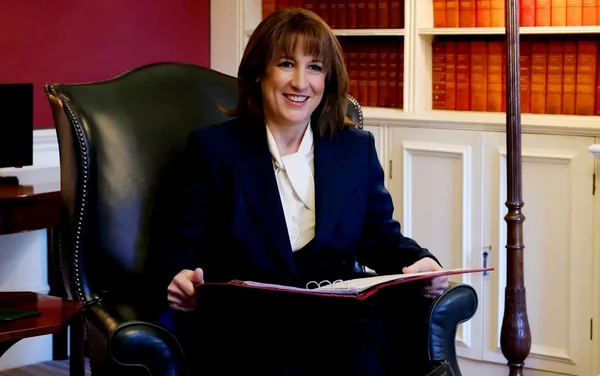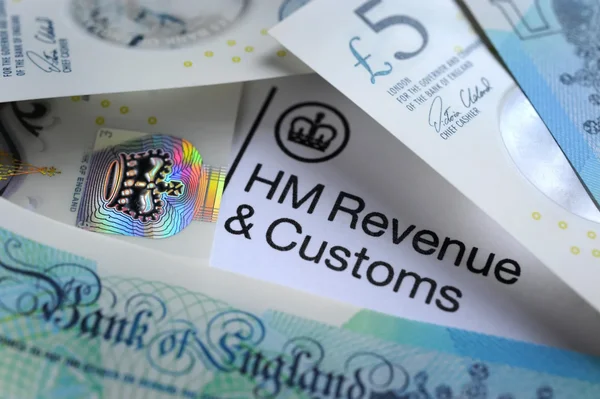Millions of UK workers are set to see their tax bills rise following the government’s latest Budget, which includes a package of tax increases and major changes to welfare spending.
Chancellor Rachel Reeves presented the measures to parliament on Wednesday, describing them as necessary reforms to balance public finances and bolster economic stability.
These decisions follow mounting fiscal pressures and a drive to support social programmes, including a long-awaited end to the two-child benefit cap.
Income Tax Threshold Freeze Increases Burden
A central feature of the Budget is the decision to freeze income tax thresholds until 2031. This change means that as wages increase over time, more income will be taxed at higher rates, bringing an estimated additional 920,000 people into the 40 percent higher tax band by the end of the decade.
The Office for Budget Responsibility (OBR) projects that this measure will raise £8bn in 2029–30 alone. Freezing thresholds is expected to bring one in four workers into the higher tax band and cause 780,000 people to pay income tax for the first time.
Chancellor Rachel Reeves acknowledged that the policy breaks a previous electoral commitment not to raise income tax, stating, “I am asking ordinary people to pay a little more, but those with the broadest shoulders will contribute the most.”
Scrapping the Two-Child Benefit Cap
Alongside the tax changes, Chancellor Reeves confirmed the end of the two-child benefit cap, a policy widely criticised by anti-poverty groups. The removal of the cap is forecast to cost £3.6bn annually but is expected to lift thousands of children out of poverty.
This move followed significant pressure from Labour MPs and campaigners, including former prime minister Gordon Brown. To help fund the increased welfare commitment, the government will increase taxes on gambling companies, with the remote gaming duty rising from 21 percent to 40 percent and online betting duty from 15 percent to 25 percent.
Additional Tax Measures Announced
The Budget introduced a series of other tax measures intended to increase government revenue. These include imposing national insurance contributions on pension contributions over £2,000 per year made through salary sacrifice schemes starting in 2029.
The Chancellor also set a £12,000 annual limit on tax-free cash ISA savings. A new “mansion tax” will apply to homes valued above £2m, with fixed charges increasing for higher-value properties. Landlords will see a further 2 percent tax added to rental income. Drivers of electric vehicles will face a new 3p per mile levy, calculated via MOT data and potentially including miles driven abroad.
Economic Growth Projections and Criticism
Despite the extensive fiscal measures, the OBR said none would deliver an immediate boost to economic growth and downgraded projections by 0.3 percent. The Budget included a £22bn reserve as a buffer against economic shocks, particularly in light of recent trade disruptions.
Industry and economic experts expressed concern about the approach. The Institute for Fiscal Studies noted that the government had created a substantial package without increasing headline rates for national insurance, VAT, or income tax but highlighted risks linked to the persistence of record-high tax levels.
Tina McKenzie of the Federation of Small Businesses warned that the Budget's reliance on tax rises rather than economic growth created a risk of a “continuing economic doom loop”.
Political and Public Reactions
The Budget received a mixed political response. Conservative Party leader Kemi Badenoch described it as “a total humiliation” and called for Chancellor Reeves to resign, arguing the government had broken multiple commitments and lost public trust.
Ms Badenoch highlighted that threshold freezes run counter to promises to boost household finances. Nigel Farage, leader of Reform UK, sharply criticised the proposed pension taxation changes, warning that these could undermine the private pension market and hurt savers’ aspirations.
Chancellor Reeves insisted the Budget was designed with a focus on fairness and security. She said, “I have kept that contribution as low as possible by reforming our tax system, making it fairer and stronger for the future.”
Final Summary
The Chancellor’s latest Budget marks a significant shift for many UK households, combining increased tax measures with expanded welfare support and the end of the two-child benefit cap.
The policy mix aims to address fiscal challenges while responding to pressure from campaigners and MPs for greater social support. Meanwhile, economic concerns and political criticism highlight the delicate balance the government faces between raising revenue and promoting growth.
As the implications of these policies unfold, many will be tracking the impact through resources and digital tools designed to help manage personal finances, including those available via the Pie app.











